Are you searching for a solution to improve the quality of life for a loved one suffering from Motor Neuron Disease (MND)?
Relying on a single treatment approach might not yield the desired results. India offers advanced combination therapies that integrate multiple medical sciences for better outcomes.
Discover how India’s innovative motor neuron disease treatment options can enhance mobility, alleviate symptoms, and improve life expectancy for MND patients.
What is Motor Neuron Disease (MND)?
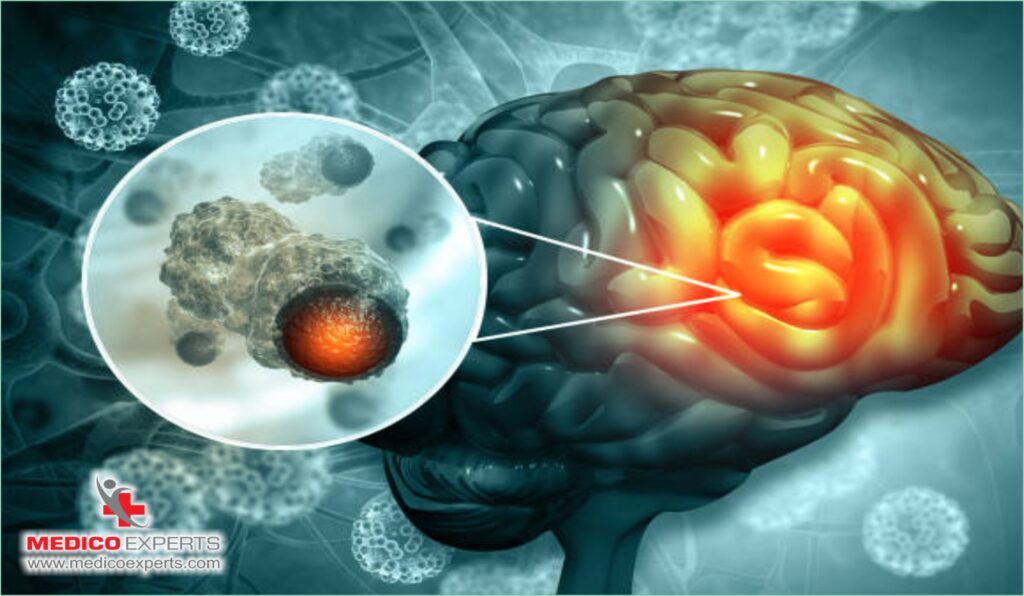
Motor neuron disease is a rare condition that affects your brain and nerve cells (neurons). It makes the body weak and gradually the condition worsens.
Motor Neurons are specialized nerve cells in your brain and spinal cord that send messages to your muscles, telling them to move.
- Upper motor neurons are in your brain and send signals down to your spinal cord.
- Lower motor neurons are in your spinal cord and send signals from there to your muscles.
In MND, these neurons gradually degenerate and die, meaning the muscles don’t get the signals they need to move. As a result, the muscles weaken, stiffen, and waste away over time. The condition progresses, leading to more severe symptoms affecting movement, speech, swallowing, and breathing.
There’s no cure for MND but there are therapies, equipment, and supportive devices that can help you manage the symptoms of this condition and live an independent life.
The right treatment can help give the patient a healthy and independent life and also increase life expectancy.
What are the Causes of Motor Neuron Disease?
Experts do not know the exact cause of Motor Neuron Disease. However, they believe some factors are genetics, environment, lifestyle, and immunity.
Genetics
Research shows that genetics is the cause of 20% of MND cases. Half of these patients have a family history of MND. Furthermore, if either parent has MND, the chances are high that the child may inherit it. However, you also need to remember that not everyone with a genetic disorder will suffer from MND.
Immune System Response
If the immune system response causes inflammation and neuron damage, it can lead to MND. Simply put, overactive brain immune cells and abnormal T-cell activities can lead to inflammation that damages motor neurons.
During the immune response, the brain releases proteins called cytokines that trigger a harmful inflammatory response. This causes damage to motor neurons.
Harmful Metals
Some metals like lead, mercury, and arsenic can be harmful. Exposure to these metals can lead to MND. These metals can accumulate in the body and harm vital organs. Exposure to agricultural chemicals and pesticides can also increase the risk of MND.
Environmental Factors
Other than these harmful chemicals, there are other environmental factors. Mechanical and electronic trauma or high levels of exercise can lead to motor neuron damage. Viral infection can be another cause of Motor Neuron Disease.
Lifestyle Choices
Smoking is linked to MND. Repeated head injuries are another cause of this condition. Physical abuse in childhood and mental trauma can be yet another cause of this condition.
Oxidative Stress
Oxidative stress occurs when there is an imbalance between the production of free radicals in your body and the body’s ability to neutralize them. The phenomenon has been implicated in the development of MND. Free radicals can damage cells, including motor neurons, leading to their degeneration.
What are the Symptoms of Motor Neuron Disease?
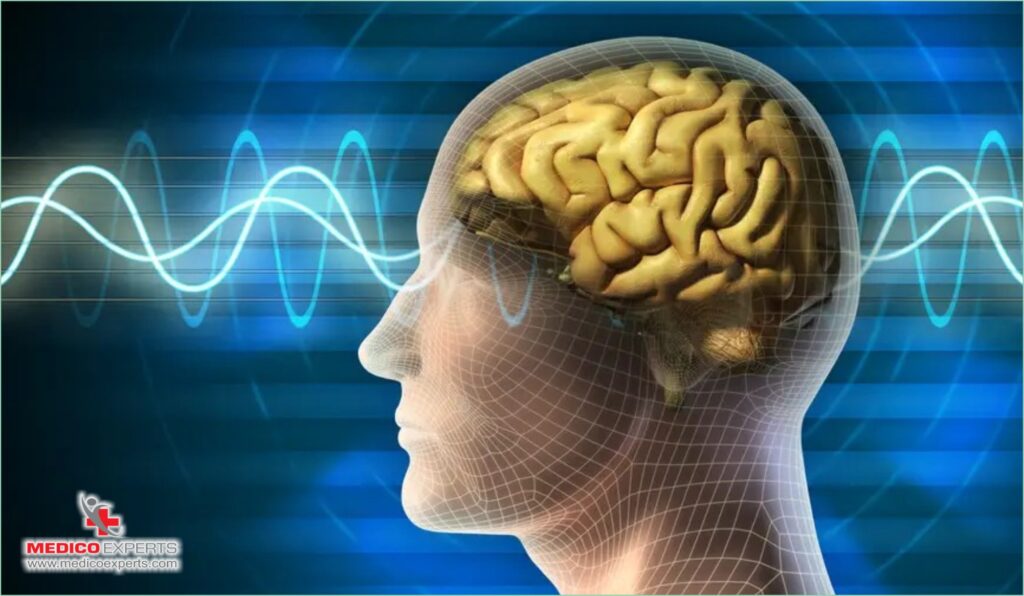
The common symptoms of MND are:
- Muscle weakness in hands, arms, legs, and ankles. This can lead to tripping or difficulties in activities like climbing stairs.
- The thought process and cognitive skills can change with the progression of this condition.
- The patient may have difficulty in speech or while swallowing.
- The patient may have breathing issues
- Fatigue can be another symptom
- Stiffness of joints, muscle cramps, and clumsiness are seen in most cases.
- The patient may lose weight.
What are the Different Types of Motor Neuron Disease?
MND is a neurodegenerative disease (a disease in which the central nervous system stops working or dies). Here are the different types of it:
Amyotrophic Lateral Sclerosis (ALS)
ALS is the most common type of MND. It affects both the upper and lower motor neurons and causes muscle and nerve weakness in your body. It is also known as Lou Gehrig’s disease.
ALS has two types, familial and sporadic. Familial is an inherited form of this disease while sporadic is more common and may happen randomly without any genetic causes.
The symptoms of ALS are limb weakness, stiffness, muscle thinning, and difficulty in movements.
Progressive Bulbar Palsy (PBP)
PBP mostly affects the motor neurons in the brainstem. Patients suffering from this motor neuron disease will find it difficult to speak, swallow, and make facial movements because the brainstem controls the muscles needed for these activities.
Primary Lateral Sclerosis (PLS)
PLS damages the upper motor neurons. This results in muscle stiffness, weakness, and spasticity. PLS progresses slower than other types of MND. It affects your leg, arm and tongue. It is another type of rare MSD.
Progressive Muscular Atrophy (PMA)
PMA affects the spinal cord’s lower motor neurons, leading to muscle weakness and wasting. PMA progresses more slowly than ALS. Some of the symptoms of this MND are muscle weakness, muscle wasting, muscle cramps and pain, muscle twitching, fatigue, breathing difficulties, clumsiness, and weight loss.
Spinal Muscular Atrophy (SMA)
SMA is an inherited MND that occurs in children. It is caused by a genetic mutation that leads to the loss of motor neurons, resulting in muscle weakness and atrophy. Bone and joint problems are one of the signs of this MND. The patient may have an unusually curved spine or other spinal deformity.
Kennedy’s Disease
Kennedy’s disease or spinal and bulbar muscular atrophy is a rare genetic MND that mostly affects men. It is caused by a mutation in the androgen receptor gene and leads to muscle weakness and wasting.
Post-Polio Syndrome
Post-polio syndrome can occur years after a person has recovered from polio. Muscle weakness, fatigue, and muscle atrophy are some of the symptoms of post-polio syndrome.
Upper Motor Neuron Disease
Upper motor neuron disease or upper motor neuron lesion is a type of MND where the injury or abnormality in the neurons happens above the spinal cord’s anterior horn. This can happen due to injuries, vitamin deficiencies, and other conditions.
Conventional Treatment Options for Motor Neuron Disease in India
The conventional treatment of motor neuron disease (MND) focuses on managing symptoms and slowing down the progression of the disease. There are different treatment options available.
Let’s have a look at some common approaches:
Medications
Your doctor may prescribe medication to manage specific symptoms of MND. These medications may help slow the progress of the disease. Doctors may also prescribe medicines to manage symptoms like muscle cramps, pain, or excessive saliva production.
Physical Therapy
Doctors advise physical therapy for MND patients to improve patient’s posture and joint mobility. Additionally, it slows down muscle weakness and muscle wasting. In physical therapy, the therapist will make the patient do stretching and strengthening exercises to improve blood circulation and range of motion.
The therapist will also use heat to give relief from muscle pain. The patient may also need assistive devices like braces, orthotics, wheelchairs, etc.
Occupational Therapy
Occupational therapy is another way to manage MND. It can help the patient contribute to daily activities and stay independent.
The occupational therapist will help the patient with:
- Safely participating in functional activities as functionality declines.
- Optimization of daily activities focusing on what is important for the patient.
- Modification of the home environment to boost their function and mobility.
- Improve the patient’s posture and position
- By providing support around physical, emotional, and mental issues
- Manage fatigue and conserve energy
Speech And Swallowing Therapy
Speech therapy will help the patient deal with speech, swallowing, and communication. Speech therapy is important for the patient because when MND progresses, they experience muscle weakness that creates speech and swallowing issues.
The therapist teaches the patient the swallowing technique, provides advice on symptom management and control, recommends aids for swallowing, and they may alter their diet (pureed diet to help swallow).
The therapist will help the patient with strategies to improve their speech like speaking up, slowing down, and using pauses to get breath support.
Respiratory Support
People with MND may experience breathing issues because it affects the muscles involved in breathing. In that case, the patient will need respiratory support which may include non-invasive ventilation (NIV) or invasive ventilation (tracheostomy) to assist with breathing.
Palliative Care
Palliative care focuses on providing the patient relief from symptoms, managing pain, and addressing emotional and psychological needs. It gives them relief from pain and symptoms.
The caregiver provides counseling, day therapy, and support for the patient’s family. They also help the family make decisions regarding the patient’s care and treatment.
How can Stem Cell Treatment help with Motor Neuron Disease?
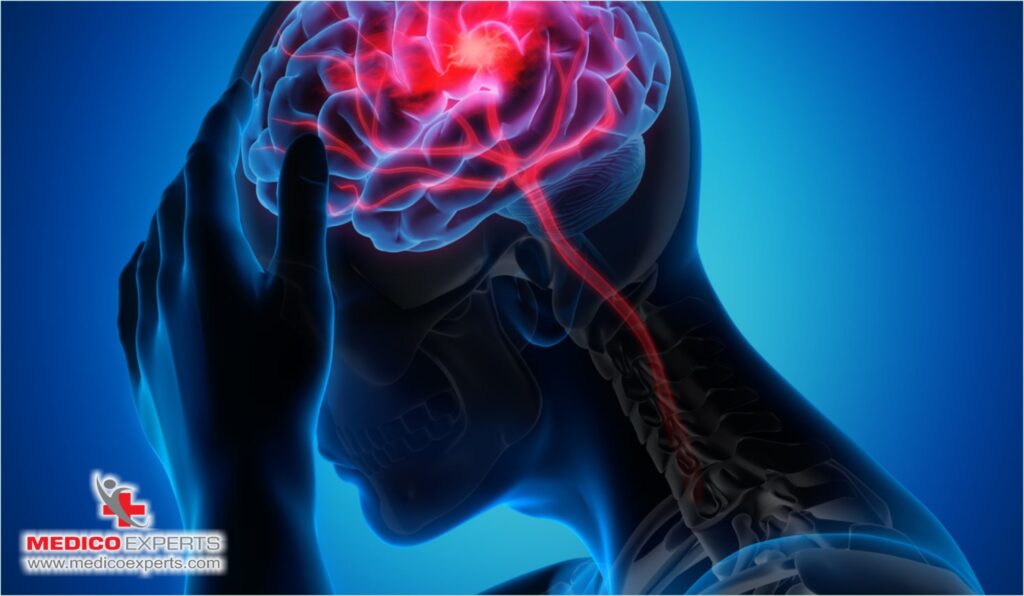
Stem cell treatment is one of the advanced treatment options for MND. In this treatment, the doctors use stem cells that have some amazing qualities to repair damaged motor neurons. The goal of stem cell treatment is to slow down the disease’s progress and improve motor function.
These cells have the power to differentiate into various cell types, including motor neurons which makes them promising options for treatment.
It is a type of regenerative therapy where the body’s natural healing mechanism is used to treat MND. Mesenchymal stem cells (MSCs) are used for the treatment.
Here are some benefits of stem cell treatment:
- Stem cell therapy can reduce pain effectively. These cells are used to repair and regenerate the affected areas lowering pain and inflammation.
- This therapy boosts the growth of new healthy muscle tissues and replaces scarred tissues with newly developed ones.
You need minimal recovery time after the procedure. The focus of this therapy is to help you get functional recovery as soon as possible.
How does Ayurveda help in MND?

Ayurveda uses natural solutions for the treatment of motor neuron disease symptoms. The multidisciplinary approach used in this age-old medical system focuses on boosting mobility and self-reliance, providing assistance with speech and swallowing.
Along with that, medicines prepared from natural herbs are used to reduce pain, cramps, and stiffness. A study also indicated that Ayurvedic treatment was highly effective in preventing the late-stage complications of motor neuron disease.
Here are some of the benefits of Ayurvedic treatment for MND:
- Improve mobility and balance
- Lower pain
- Lower muscle stiffness
- Reduce muscle spasm
- Improve sleep
- Boost digestion
- Improve cognitive function and mental clarity
Ayurvedic practitioners mainly use:
Rasayana Therapy
Ayurvedic medicines or Rasayanas made of natural ingredients and herbs. These medicines contain nutrients that lower the symptoms of MND and boost the patient’s overall health.
Panchakarma Therapies
Panchakarma therapies are used for detoxification and rejuvenation in MND. It is done in 5 steps:
Step 1: Vamana or therapeutic vomiting flushes out toxins from the upper respiratory and gastrointestinal system.
Step 2: Virechana or purgation therapy cleanses the liver and digestive system by regulating bowel movements.
Step 3: Basti or medicated enemas are used to detoxify the colon and improve movement and the nervous system.
Step 4: Nasya or nasal administration of oil is done to nourish the brain and nervous system.
Step 5: Raktamokshana or bloodletting is used in rare cases to reduce toxins and inflammation that affect muscle wasting and stiffness.
How does Homeopathy help in MND?

Homeopathic treatment can slow down the progression of the disease and aims to increase the strength and power of the muscles to give the patient an active and independent life.
Homeopathy believes that to stay healthy, your body and mind need to be in harmony. But if the harmony of any of the two is broken, you fall sick. Homeopathic practitioners see each patient as unique and take account of their physical, mental, and emotional well-being. Based on all these observations they come up with a treatment plan.
The remedy is chosen as per the patient’s symptoms and it slows the neurodegeneration. Moreover, homeopathic treatment can halt the disease progression and increase the lifespan of the patient.
But the most important step you need to take while using homeopathic treatment is to introduce it in the early days of motor neuron disease. So, the patient gains muscle strength and overall health to do the daily activities and live a self-reliant life.
Combination Therapy: The Best Treatment For Motor Neuron Disease
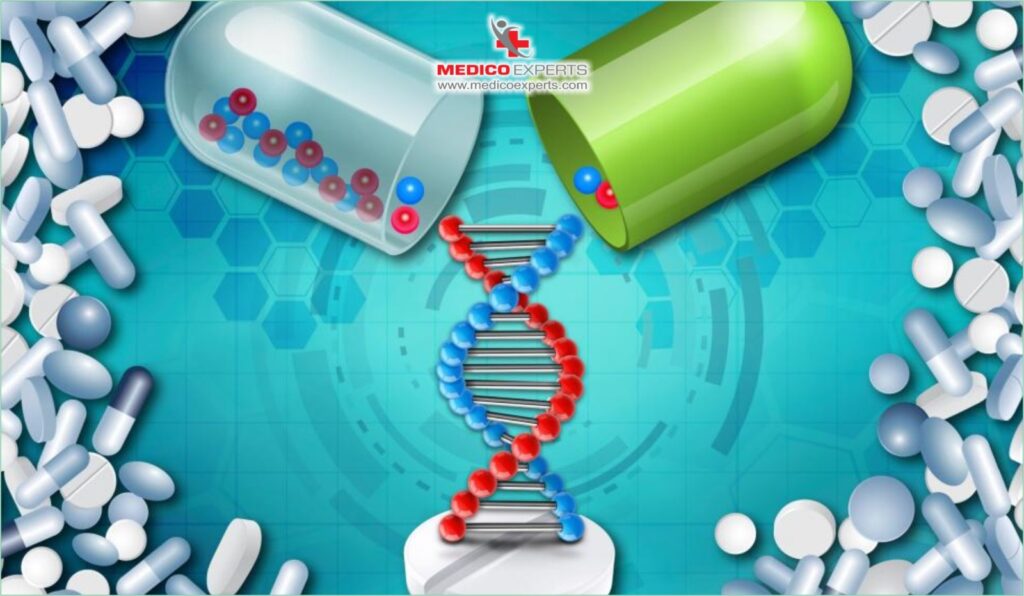
Combination therapy uses the strengths of multiple medical sciences – such as Allopathy, Advanced regenerative medical science, Homeopathy, and Ayurveda.
It will give significant relief from pain, muscle cramps, and twitching. Additionally, it will improve their breathing, cognitive functions, emotional state, and overall well-being.
But one problem most people face while opting for combination therapy is getting the best specialists and therapists from all streams of medical sciences under one roof.
MedicoExperts understands the struggle you face while treating your dear ones with MND. That’s why, to resolve this issue we have brought specialists from different medical streams together to form a team of experts.
Our experts will sit with you and study your case and then come up with a personalized treatment plan.
We follow these steps for combination therapy:
- Step 1: We start with an in-depth review of the patient’s medical history and symptoms. We use videos, medical history, and medical test results and assessments for the process.
- Step 2: We then create a personalized treatment plan that may involve a combination or combinations of two or more medical sciences.
- Step 3: We start the therapies with the specialists following the decision on the combination of therapies.
- Step 4: Once the treatment is done, we closely monitor the patient and make all necessary adjustments to offer the best treatment outcome.
Why Choose India for Motor Neuron Disease Treatment?
India has emerged as a global hub for advanced and affordable healthcare solutions. Here’s why India is a top choice for MND treatment:
- Affordable Costs: High-quality treatments at a fraction of the cost compared to Western countries.
- Skilled Specialists: Highly trained doctors with expertise in neurology, regenerative medicine, and alternative therapies.
- Comprehensive Approach: Availability of combination therapy, integrating allopathy, stem cell treatment, Ayurveda, and homeopathy.
- State-of-the-Art Facilities: World-class hospitals equipped with cutting-edge technology and rehabilitation facilities.
How to Plan Your Medical Trip to India for MND Treatment
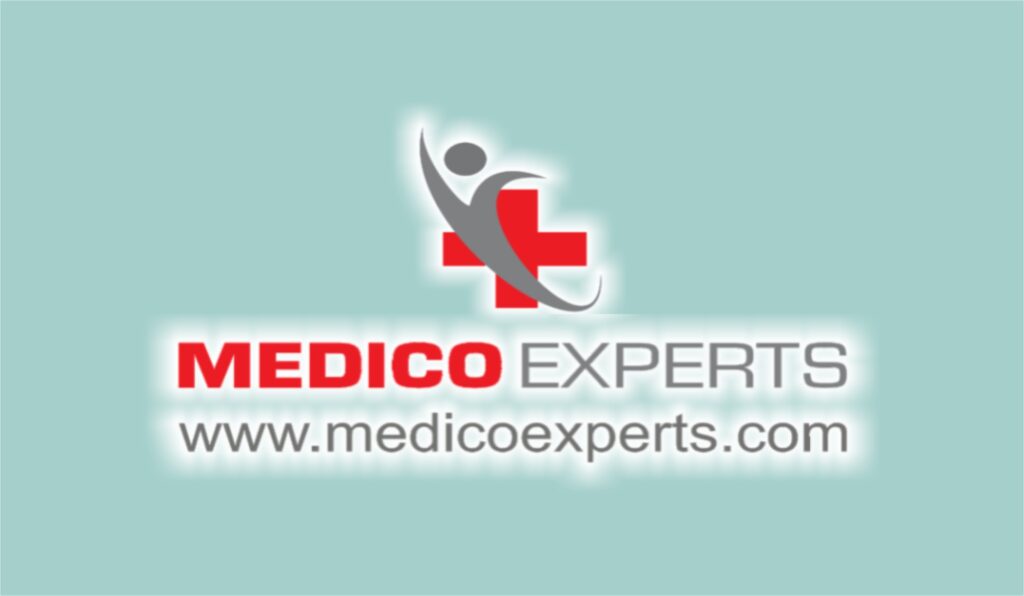
We try to help our international patients every step of the way to ease their journey of healing. Here is how we ensure that you get nothing but the best:
- You fill out MedicoExperts’s consultation form.
- Our team will contact you.
- We will ask you to send your medical reports.
- After evaluating your report, we will inform you about the best possible solution for you.
- We will prepare an itinerary that best suits you, keeping in mind your budget and comfort levels.
- Additionally, we will arrange your visa assistance, and the moment you will land in India we will take care of every aspect of your travel, from pick and drop from the airport to your food and accommodation.
- We will offer you options from the best hospitals and centers in India keeping in mind your budget and preferences.
- You will undergo treatment and once it is done our experts will help you with post-procedure follow-ups and therapies.
What is the Cost of Motor Neuron Disease Treatment in India?

Treatment costs in India are highly affordable compared to global standards:
- Stem Cell Therapy: Starts at $2,000 (172703 INR) per session.
- Ayurvedic Treatments: Ranges from $118 (10189 INR) to $355 (30654 INR) per month.
- Homeopathy: Costs between $118 (10189 INR) to $355 (30654 INR) per month.
- Physiotherapy: $6 (500 INR) to $47 (4058) per session.
- Speech Therapy: $9.50 (820 INR) to $24 (2072 INR) per session.
Note: Costs vary based on the number of sessions and the specific treatment plan.
Takeaway

Conventional treatment for MND focuses on relieving symptoms of the condition rather than addressing the underlying causes of it.
However, in combination therapy, the focus is more on the cause instead of only managing the symptoms. The goal of this therapy is to offer the best of all medical sciences so that you get the maximum benefit and highest treatment success rate.
MedicoExperts will help you connect with the best team of specialists from various medical sciences in India. We ensure that your treatment journey is hassle-free and smooth.
Connect with us to get the amazing benefits of combination therapy for MND
Frequently Asked Questions (FAQs):
Q1. Is motor neuron disease curable in India?
A. There is no cure for motor neuron disease in India or anywhere in the world. Conventional treatment focuses on managing the symptoms. Stem cell therapy focuses on the cause of this condition and significantly improves the treatment outcomes.
Q2. Is MND curable in Ayurveda?
A. Ayurveda cannot cure MND but some patients experience a significant amount of relief using its natural remedies.
Q3. What is the latest treatment for motor neuron disease?
A. Stem cell therapy, non-invasive ventilation (a mask ventilator system that MND patients use to breathe while sleeping), and Qalsody (a new therapy) are some of the latest treatment options.
Q4. How to choose the best doctor for motor neuron disease in India?
A. You need to keep these important points in mind while choosing a doctor for motor neuron disease treatment in India:
1. The doctor will decide the protocol or process of the treatment. They will do it based on the source of the stem cell, the number of stem cell cycles needed, the gap between the two cycles, and post-treatment additional therapies.
2. Choose a doctor with extensive experience and a proven track record to ensure the best outcome and success.
3. You can check online review sites to get a better idea about the doctor’s track record.
4. You can take the help of MedicoExperts to stay away from all these worries and concentrate on your or your dear ones’ health. We will help you find the right doctor from our panel of experts.
Q5. How to select the right hospital for MND Treatment in India?
A. You should look for these factors while choosing a hospital in India:
1. Check the success rate of the hospital. Use the online review sites to do so.
2. Check whether the hospital has specialized departments for stem cell treatment, neurology, and pediatric neurology.
3. Does the hospital have a stem cell lab, diagnostic facilities, physiotherapy, occupational therapy, and speech therapy?
4. Check what kind of post-treatment and care services it provides.
5. Also, check the accreditation and certification of the hospital.
6. Inquire about the cost of stem cell therapy and other treatments there.
References
https://www.ncbi.nlm.nih.gov/pmc/articles/PMC5873552/
https://www.jns-journal.com/article/S0022-510X(21)02085-2/fulltext#:~:text=Heavy%20metals%20have%20long%20been,to%20postulate%20a%20causal%20relationship.
https://pubmed.ncbi.nlm.nih.gov/50947/
https://www.ncbi.nlm.nih.gov/pmc/articles/PMC2117843/
https://www.ninds.nih.gov/health-information/disorders/motor-neuron-diseases
https://www.ncbi.nlm.nih.gov/pmc/articles/PMC3319086/
https://pubmed.ncbi.nlm.nih.gov/9989458/
https://www.mndassociation.org/sites/default/files/2022-11/Occupational%20therapy%20for%20MND.pdf
https://www.ncbi.nlm.nih.gov/pmc/articles/PMC3210365/
https://www.ncbi.nlm.nih.gov/pmc/articles/PMC8891955/
Relevant Articles For You
Advantages of Stem Cell Therapy
Stem cell therapy is a promising and rapidly growing field of medicine that has the potential to revolutionize the way we treat chronic conditions. Stem cells are unique cells that have the ability to differentiate into a variety of…..Read More
Recommendations To Understand Different Treatments
Stem Cell Therapy in India
Stem cells have some unique properties. These cells can turn into all other cells of your body with different functions such as blood cells, brain cells, heart muscle cells, bone cells, and skin cells. Apart from that, stem cells have the power to…..Read More
Medically Reviewed By MedicoExperts Editorial & Clinical Review Board
Medical Disclaimer: This content is for informational purposes only and not a substitute for professional medical advice. Consult a healthcare provider for personalized guidance.



